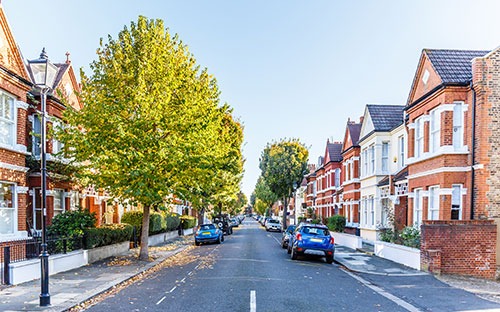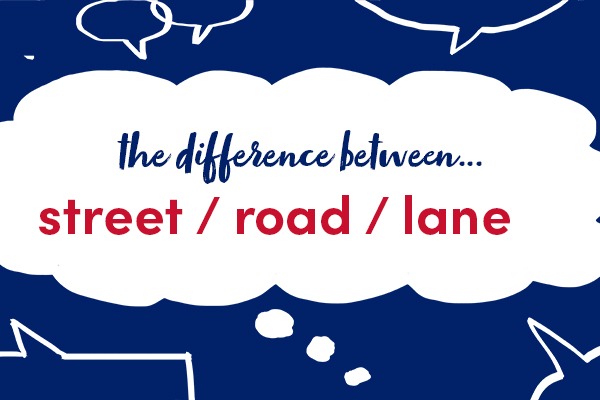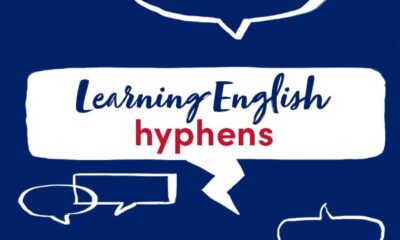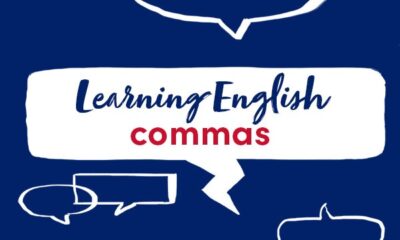This week we are looking at a few words that could be confusing for some learners of English: street, road, and lane.
street

A street is a road in a town or large village, usually with houses or other buildings built alongside it.
The two men walked slowly down the street.
They went into the café across the street.
road

Road is a very general word for a paved way in a town or between towns or in the countryside.
The road to the airport was blocked.
They drove up a steep, twisting mountain road.
You can also use road in almost any context where street is used. For example, you can say `They walked down the street’ or `They walked down the road’.
lane

A lane is a narrow road, usually in the countryside.
There’s a cottage at the end of the lane.
He rode his horse down a muddy lane.
A lane is also one of the parts of a large road such as a motorway, which has more than one line of traffic going in each direction.
She accelerated into the fast lane.
Are taxis allowed to use the bus lane?
Find out more in our English Usage article.
This blogpost is based on Collins COBUILD English Usage, written for learners of English. For more examples of English usage points, please visit: https://grammar.collinsdictionary.com/english-usage.
All opinions expressed on this blog are those of the individual writers, and do not necessarily reflect the opinions or policies of Collins, or its parent company, HarperCollins.



